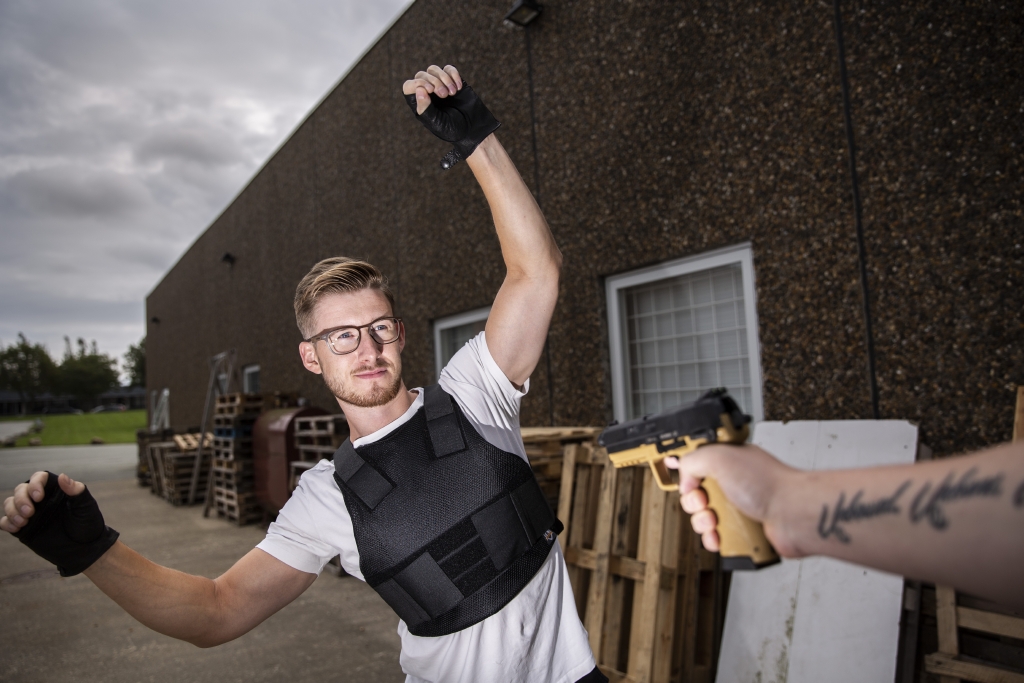We forge the researchers and developers of the future. Our PhD students have high academic ambitions and deliver high-quality results for both the private and the public sectors. Our primary focus is on applied research, and we have strong collaboration with industry, because we listen to the core questions from industry regarding mechanics and production engineering, and we develop solutions.
Scientists from Aarhus University and the University of Cambridge are the first to measure and set guidelines for bolted joints using the up-coming replacement for Kevlar: the ultra-strong material with the catchy name ultra-high molecular weight polyethylen.
Imagine a velvety, soft material that is extremely light, but also strong enough to stop a bullet. This is close to a description of ultra-high molecular weight polyethylene (UHMWPE), a super-plastic material commercially known as Dyneema or Spectra, which is already taking over from the para-aramid fibrous material, Kevlar, in e.g. bullet-proof jackets.
There is also much need for the super material in many other applications than body armour, and therefore researchers have now set up guidelines and failure maps for use of the material in joints with steel bolts. The research team is being led by Simon Skovsgård, PhD and MSc in engineering at the Department of Engineering, Aarhus University, and Professor Norman Fleck at the University of Cambridge.
